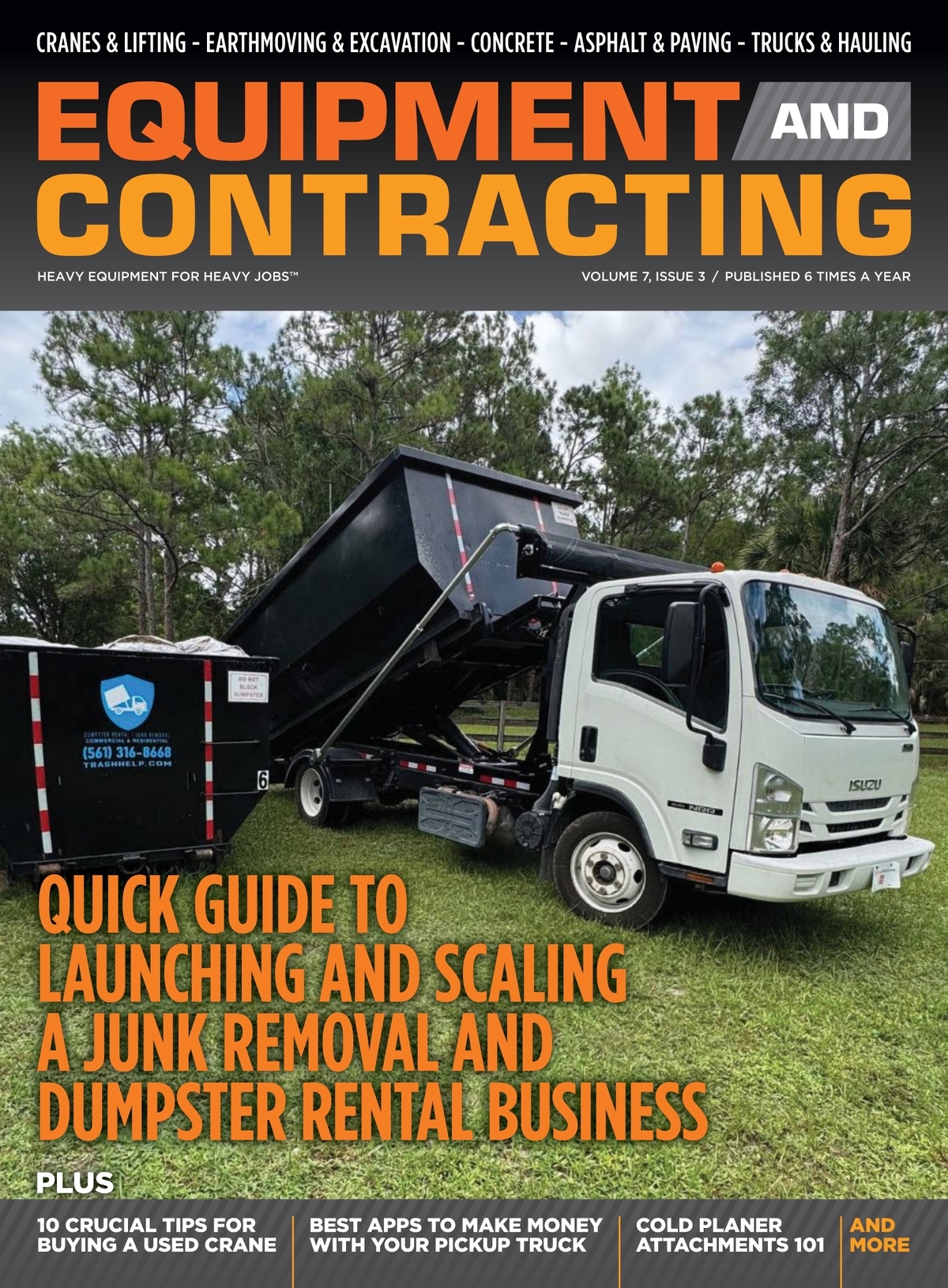
You run a business (or at least plan to)—So are you a business owner, or an entrepreneur?
Although these two terms are often used interchangeably, they aren’t necessarily one and the same. There are several key differences that separate the two, which we’re going to discuss in this lesson.
What is a Business Owner?
Do you own a business? If so, you’re a business owner. It’s as simple as that.
Whether your line of work is in paving, hauling, roofing, or something else—if you provide a product or service to your customers, you are a business owner.
As a business owner, you likely have a strong and in-depth understanding of your industry as well as who your target market might be. As an industry “insider,” you likely have this kind of knowledge even long before you’ve launched your business.
You might step into your role as a business owner after the business has already been opened or you might start a business on your own.
Another key detail to note is that—as a business owner—you profit from the success of your business – in most cases, this is your sole or primary source of income. Your main goal is to run your business – and to run your business successfully.
What is an Entrepreneur?
While a business owner might take over an existing enterprise, an entrepreneur almost never does this. This is the key difference between an entrepreneur and a business owner.
Most entrepreneurs will establish companies on their own—from scratch. They have to seek financial support from investors, in many cases, and they often start with limited resources and, therefore, must take risks.
Because of the risky nature of being an entrepreneur, few who venture down this path use their business as a sole source of income. Brand new companies almost always need time to turn a profit and build a customer base – especially if you aren’t sure what your target market might be as you’re getting started.
As an entrepreneur, your focus is innovation. You’re not only trying to meet the needs of your customers, as a business owner is, but you might even be attempting to create a product or service that doesn’t exist yet.
Risk is the name of the game for entrepreneurs. This kind of business owner is often more willing to take on large risks in exchange for true innovation. Business owners, on the other hand, are generally more focused on profitability.

What are the Differences Between an Entrepreneur and a Business Owner?
There is quite a bit of overlap between entrepreneurs and business owners. However, the main differences can be categorized as variations in their:
- Origins
- Types of products and services offered
- Leadership styles
- Logistics of running the business
- Risk management philosophies
- Goal-setting strategies
We’ll take a closer look at these areas below.
Their Origins
One of the main differences between business owners and entrepreneurs is how they get started.
Business owners can start their companies in a variety of ways. They might purchase an existing company or inherit one. Of course, like entrepreneurs, they can always start their own business too. A business owner may even move into the top role simply because they are the most qualified person who already works for the company.
As a stark contrast to that—entrepreneurs always start their companies from scratch and are almost always responsible for managing all aspects of a business from start to finish.
An entrepreneur can decide to build a business at any point – and the key point here is that the company does not belong to any other person before they take over. They are the first and the top in the chain of command.
Type of Products and Services Offered
For entrepreneurs, the businesses they create tend to be passion projects. They often invent or design their own services and products and—therefore—are intimately familiar with the things they are selling.
Business owners might also be inventing or designing their own products, but this does not always have to be the case. The services and products they offer might be very similar to ones that already exist, and they generally fit easily into the market.
Leadership
Another key difference between an entrepreneur and a business owner pertains to who happens to be in charge.
Entrepreneurs have the ultimate freedom in this regard. Because they’re starting something from scratch, they have total control over all business operations and decisions. They might consult other professionals for help or guidance, but they are, essentially, their own boss.
This can also be true for business owners, but not always. They may have to adapt to instructions or guidelines for “how things have always been” at a company. They may also be required to report to investors, stakeholders, and board members – all of whom may dictate how that business needs to be run.

Logistics
Generally speaking, business owners tend to be less tech focused than entrepreneurs. We believe this is because a business owner doesn’t find it absolutely necessary to innovate and get ahead of the competition with technology.
Instead, a business owner is usually focused more on the logistics behind running a company. You might be more heavily involved in the day-to-day, making daily and weekly checklists of everything that needs to be done. You’re overseeing employees, interacting with customers, and thinking mostly in terms of the upcoming month or quarter – not the next two decades.
Risk Management
Business owners and entrepreneurs handle risk differently, too.
As a business owner, there’s a good chance that one of your main goals is going to be to mitigate risk. For example, if you’re a good business owner, you won’t think twice about providing your crew with OSHA-approved safety training to reduce the risk of an accident.
You might even hire an in-house analyst to help you assess potential risk and produce plans as to how to respond properly. You will likely use caution when considering risks – your business is already well established and any risk could affect operations in a disastrous way.
Entrepreneurs often welcome risk – although they, too, will make calculated decisions that are ultimately designed to serve their businesses in the best way possible.
View the complete article here.
What distinguishes a business owner from an entrepreneur, and how do their roles differ?
Business owners run established enterprises, often inheriting or purchasing them, while entrepreneurs start companies from scratch, focusing on innovation and facing higher risks.
What are the key differences in logistics and risk management approaches between business owners and entrepreneurs?
Business owners focus on day-to-day logistics and risk mitigation, whereas entrepreneurs prioritize innovation, embracing risk for potential business growth.














































